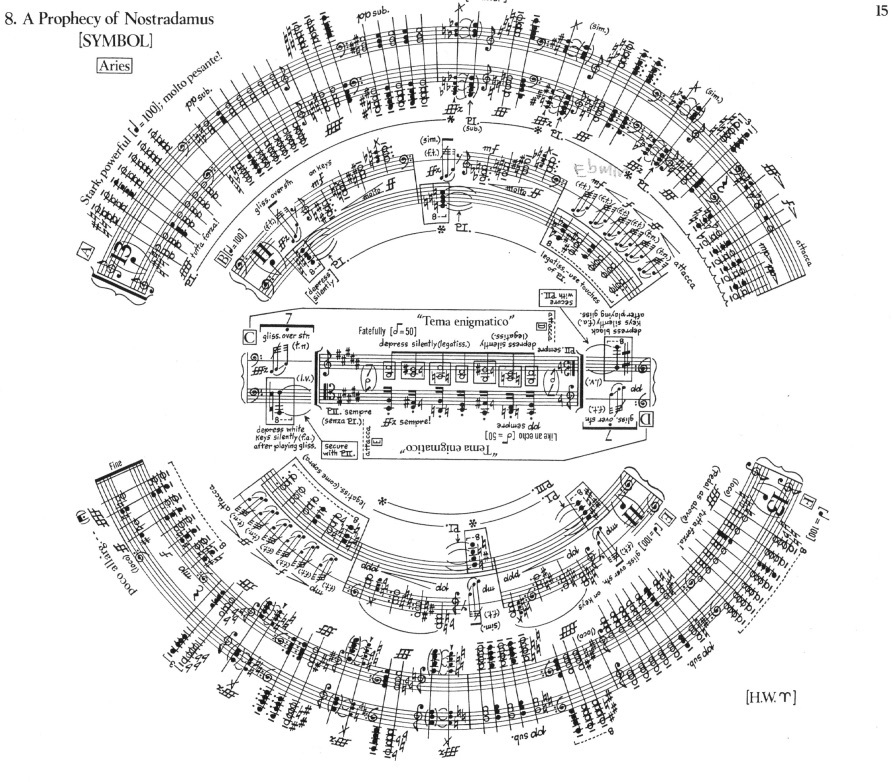

Durham: Duke University Press.George Crum was born on 26 October, 1926 in New York, is an American chef. Beyond exoticism: Western music and the world. Oteri in conversation with George Crumb at his home in media, PA. Jumping off the page to become sound: Frank J. Amherst: University of Massachusetts Press. Invisible enemies: The American war on Vietnam, 1975-2000. George Crumb, American composer and visionary. The popular reception of Samuel Barber’s adagio for strings. CHEN (Ed.), Knowledge, culture, and society. (2012) Music and the politics of war: George Crumb’s ‘black angels’ and the Vietnam war. Time and the other: How anthropology makes its object. Baltimore: John Hopkins University Press.ĭwyer, B. Black angels: Thirteen images from the dark land. Black angels for electric string quartet. In Black angels: Thirteen images from the dark land. Westport: Greenwood Publishing Group.Ĭrawford, R. Music and spirituality: 13 meditations around George Crumb’s black angels.

New Jersey: Princeton University Press.Ĭhase, G. Provincializing Europe: Postcolonial thought and historical difference. Colorado Springs: Colorado College Music Press.Ĭhakrabarty, D. George Crumb & The alchemy of sound: Essays on his music. The colonizer’s model of the world: Geographical diffusionsim and eurocentric history. Imagined communities: Reflections on the origins and spread of nationalism.

George Crumb’s channels of mythification. Hillsdale, NY: Pendragon Press.Īdamenko, V. Neo-Mythologism in music: From Scriabin and Schoenberg to Schnittke and Crumb. We conclude that although Crumb’s rejection of the national self deprives the piece of a salient place in the popular cannon of the war, it has left an intellectual legacy on the times of the Vietnam War that deserves to be preserved.Īdamenko, V. We focus on Crumb’s use of archaisms, his construction of time in this piece, and the author’s overall purpose to invoke a time of war rather than to reflect the conditions of war, in order to delineate the contours of the universal time and space producing the undifferentiated primeval self of war. This sense of the universal militates against the desirable qualities of popular music that rely on the production of autonomous and singular selves that make the distinction between enemy and friend possible and distinct. The selves that inhabit Black Angels could be that of anybody in particular since Crumb seeks to invoke in his music the primeval experience of terror that inhabits in all of us as the inheritors of mankind’s violence. It centers on an analysis of the relationship of the body/self to an “ecology of war” produced through Crumb’s music that renders these selves indistinct within this musical geography. This paper proposes new ways to understand the sense of universality in music through a reflection and analysis of George Crumb’s Black Angels (Images I): Thirteen Images from the Dark Land, one of the defining musical expressions of the Vietnam War era.


 0 kommentar(er)
0 kommentar(er)
